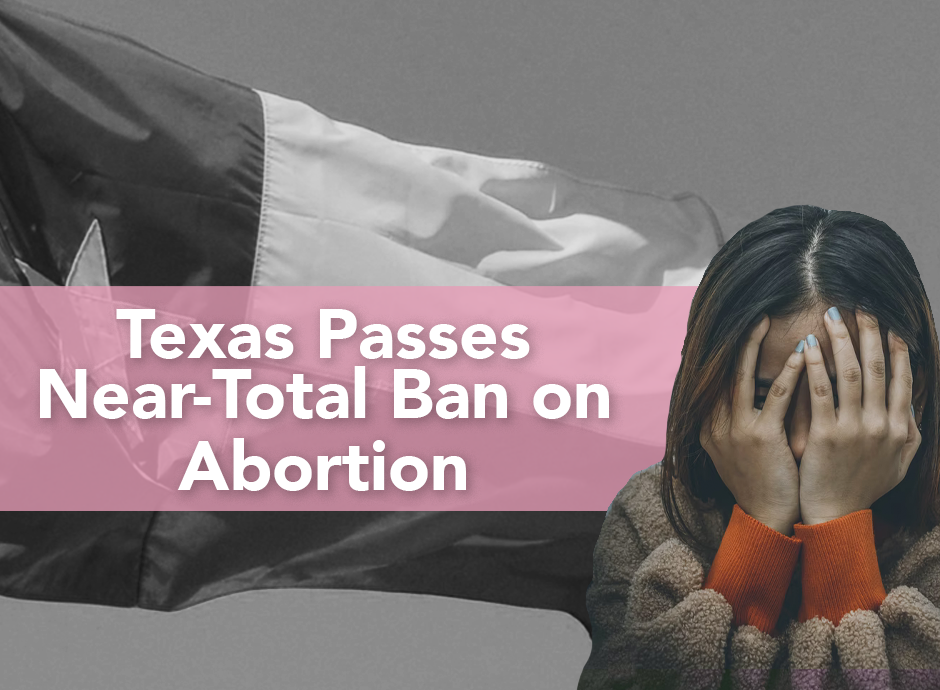On Wednesday, Sept. 1, the governor of Texas, Greg Abbot, passed a law that bans abortions once the fetus has a heartbeat which can be as early as 6 weeks. This includes situations of incest and rape.
Opinions on each side have flooded social media outlets with one side claiming it is unethical to have an abortion and the other saying it is within a woman’s rights.
This isn’t the first time a state has tried to ultimately ban abortions, but previous attempts have been shot down by federal courts.
If this law does not get overturned, it is safe to assume that other conservative states will try and follow Texas’s lead to ban abortions. Louisiana proposed a similar law last year but it did not pass.
According to Planned Parenthood, 79% of American citizens are in favor of Roe vs. Wade and do not want to see it get overturned. It is estimated if the United States changed its laws to allow each individual state to choose whether abortion is legal or not 1/3 of all women have a chance of losing access to a safe abortion altogether.
This bill allows private citizens to sue organizations who allow abortions after the initial detection of a heartbeat.
One of many people’s concerns is that without abortions being legal after a heartbeat is detected, many women will turn to the streets and explore other options to get an abortion that might not be medically safe.
Another issue is many Republicans are bringing religion into the topic which is a messy situation because of the Constitutional Amendment of separation between church and state.
In the weeks to follow, many can expect protests and legal efforts from either side over this newest abortion ban.
Marquie Petyton
Intern


